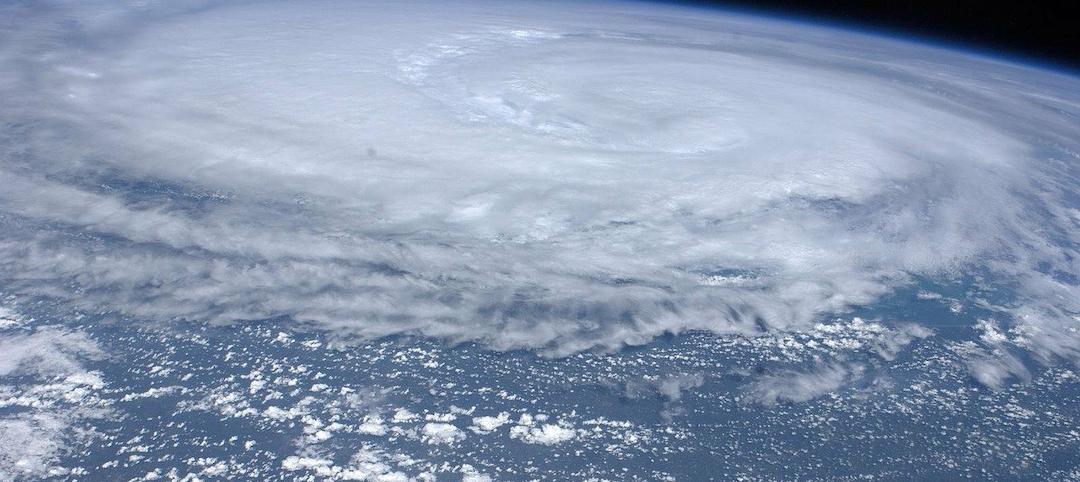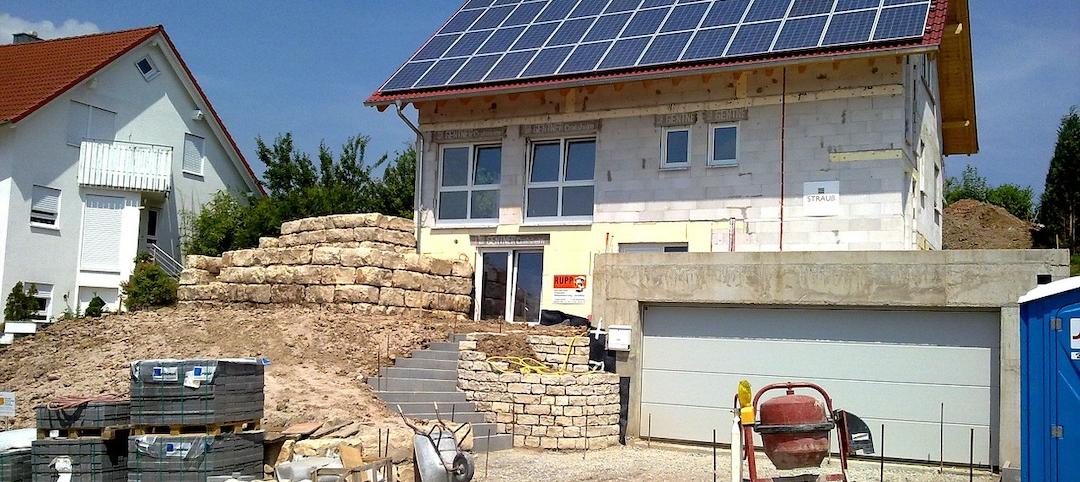A new report by the Union of Concerned Scientists (UCS) pinpoints portions of the U.S. at greatest risk of declining residential and commercial property values, and diminished city and county tax revenue due to flooding attributed to sea level rise.
The areas impacted face worse high tide flooding due to the effects of climate change, UCS says. The findings are the result of peer-reviewed analysis that used ZIP-code-by-ZIP-code data from Zillow Property Data.
The states found to be most at risk of flooding from rising seas are: Delaware, Georgia, Louisiana, Maryland, Massachusetts, New Jersey, New York, North Carolina, South Carolina, Texas, and Virginia. As much as 70% of some municipalities’ property tax bases could be at risk.
The analysis also provides risk assessment according to:
— Number of homes and commercial properties (by state and zip code).
— Current values of properties.
— The amount of money the properties contribute in annual property taxes, which fund schools, roads, and emergency services.
— How many properties could be spared if warming is limited to below 2 degrees Celsius.
— Near- and long-term impact projections, including within the next 30 years.
— Identification of areas where coastal property owners might experience recurring flooding so severe it limits their ability to live or work in these properties.
Related Stories
Codes and Standards | Oct 28, 2021
Design competition launched to show role of mass timber in decarbonization
Forest Service and Softwood Lumber Board will award $2 million in grants to winning teams.
Codes and Standards | Oct 27, 2021
Texas reforms series of contractor laws
Measures seen as making it easier to do business in the state.
Codes and Standards | Oct 26, 2021
Drownings during Hurricane Ida point out FEMA flood map flaws
Eleven people drowned in New York City in areas marked as low risk.
Codes and Standards | Oct 26, 2021
Dept. of Energy’s REScheck tool updated for the 2021 International Energy Conservation Code
Previous version incorporated 2018 code.
Codes and Standards | Oct 20, 2021
New York City passes overhaul of construction codes
Over 600 major changes along with thousands of smaller updates slated for 2022.
Codes and Standards | Oct 20, 2021
One-quarter of U.S. critical infrastructure at risk of failure due to flooding
Police and fire stations, hospitals, airports, and wastewater treatment facilities face threat.
Codes and Standards | Oct 19, 2021
Pittsburgh enacts first-in-the-nation “Dark Sky Lighting” law
Applies to all city parks, facilities, and streetlights.
Codes and Standards | Oct 15, 2021
New Calif. law mandates use of lead-free plumbing fixtures
Must meet NSF/ANSI/CAN 61-2020 in 2023.
Codes and Standards | Oct 14, 2021
Building industry leaders urge governments to boost emissions reductions targets
Scores of large AEC firms and organizations sign letter to UN’s COP 26 group.
Codes and Standards | Oct 13, 2021
FEMA’s new flood insurance plan will sharply raise insurance costs for seaside properties
Risk Rating 2.0 will have more accurate assessment of flood risk.

















